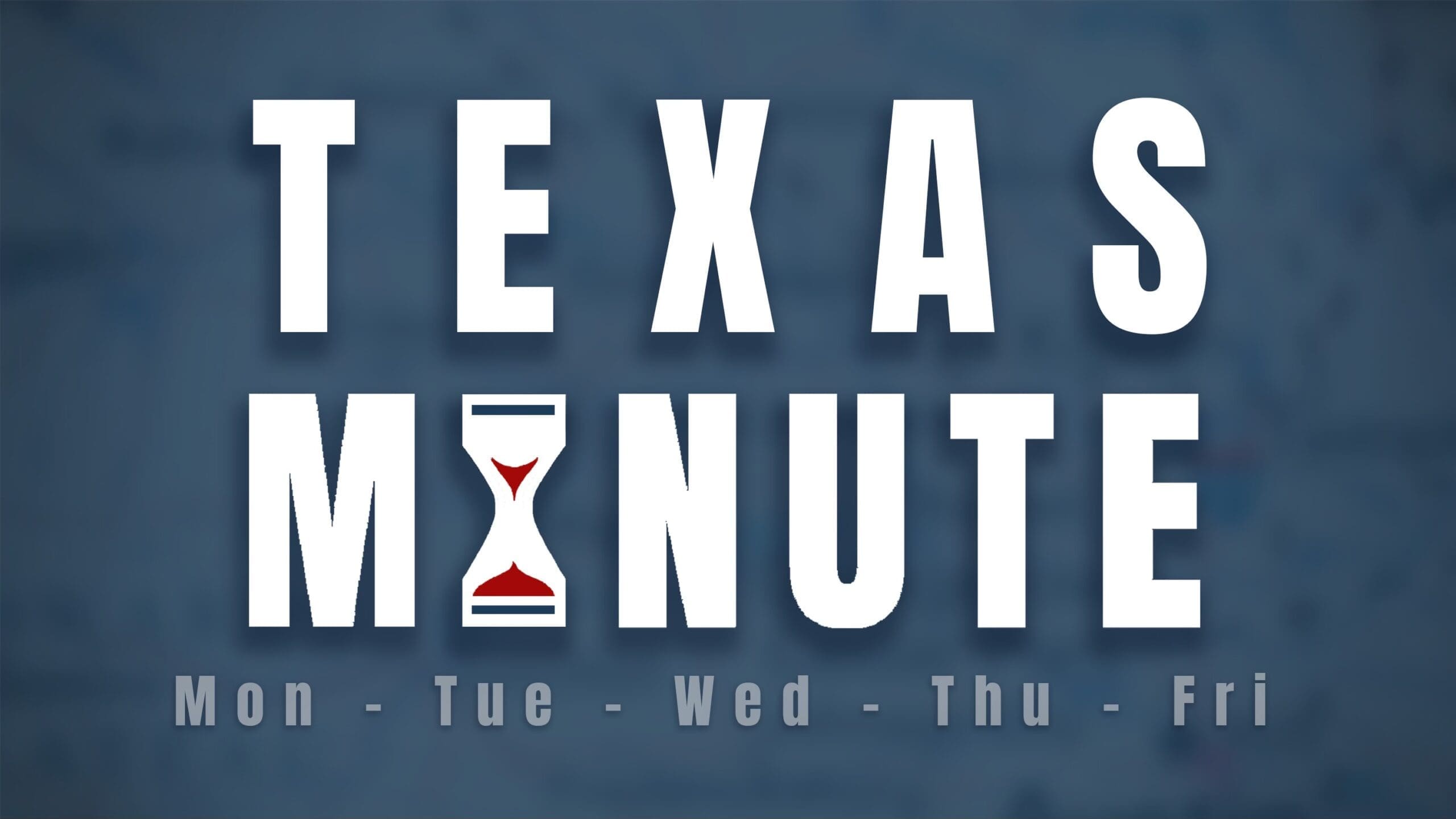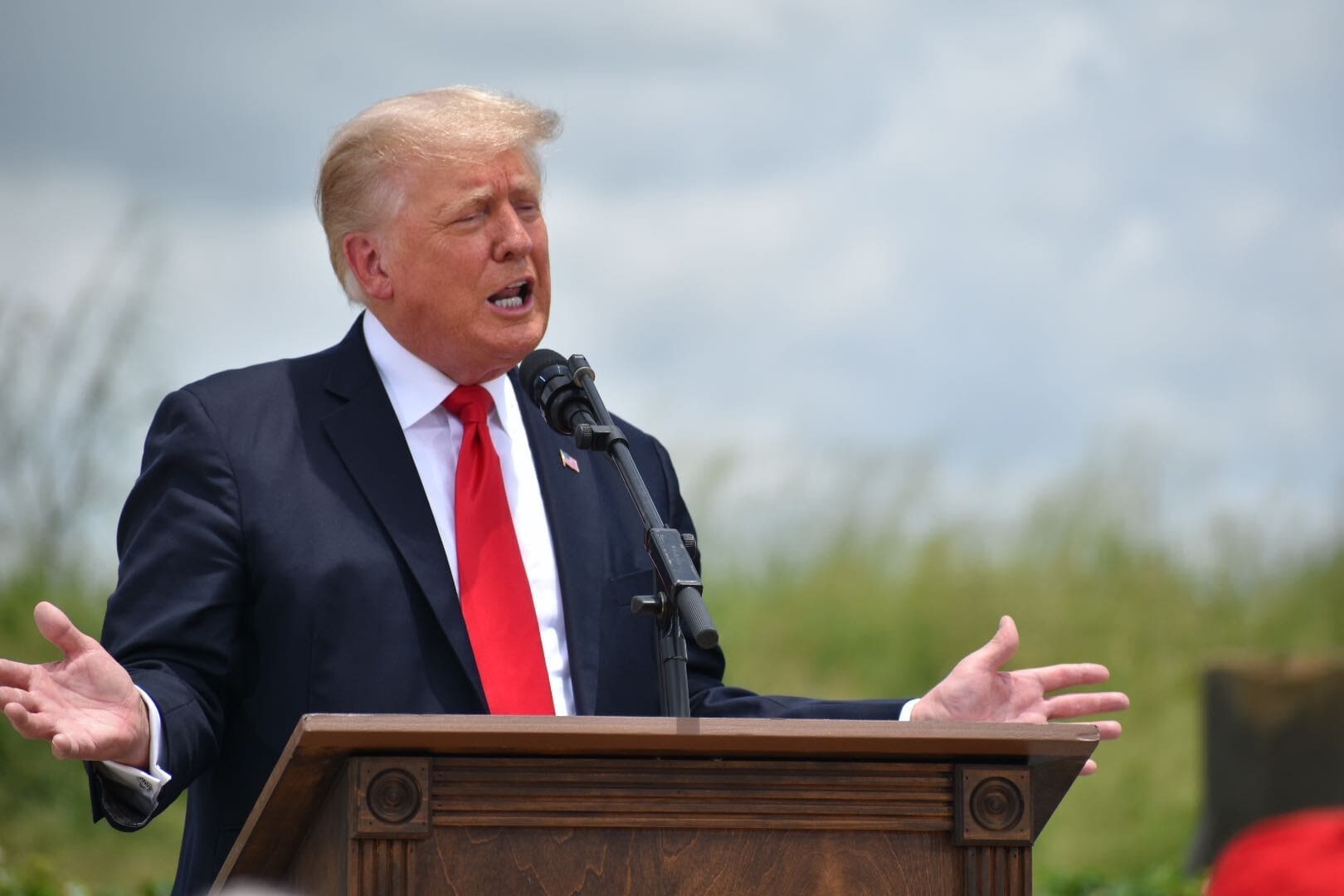A mafia system of corruption by the Texas Legislature not only empowers school districts to extort money while granting tax breaks to a favored few, but it also helps support certain woke corporations.
Throughout this series, Texas Scorecard has uncovered how school districts, much like mafia committees, chose winners and losers by offering special tax limitation deals under the now-expired Chapter 313, or the Texas Economic Development Act.
In the last article, Texas Scorecard highlighted how these school districts extract what amounts to “protection money” from companies that are parties to these agreements in the form of “supplemental payments.” Now, it is time to put some of these companies under the microscope and see the values of the businesses favored by these school boards.
The Trojan Horse of DEI
Diversity, equity, and inclusion, or DEI, is a term that has become commonplace in American workplaces today. Nearly every large company has a statement, policy, or handbook advertising their commitment to increasing representation of “diverse groups” and promoting “inclusive behavior” in the workplace. Many companies have instituted a new position, that of the “Diversity and Inclusion Officer,” to promote this agenda further.
On its face, this agenda may seem harmless and, in fact beneficial. However, the marketing of these ideologies is so slick it has covered the often insidious political influences at work.
In practice, these and other regressive political ideologies disguised as corporate programs target beliefs like Christianity or political principles like self-governance and seek to isolate and silence them.
Take Apple, for instance. The technology company has a DEI commitment broadcast on their website like any other large corporation. However, this commitment is more than an appeal for common courtesy, respect for cultural differences, and an appreciation of diverse perspectives. A few minutes worth of digging reveals the true ideology behind this.
For example, Apple launched a “Racial Equity and Justice Initiative” as part of their DEI agenda, which includes a pledge to address systemic racism, end mass incarceration, and even provides a conversation guide for young children to learn about racism, inequality, microaggressions, and other loaded terms. There are two tells that indicate this is about political ideology and not teaching others to love your fellow man or woman. The first is the usage of the term “microaggressions.” This term, in practice, has sought to marginalize freedom of speech.
“Microaggressions” were part of a proposed Comprehensive Cultural Action Plan in 2020 at Carroll Independent School District in North Texas. This CCAP required tracking “microaggressions” performed by students and would have created a snitch line for students to rat on each other. Exposure of this far-left plan caused a citizen revolt, and they later seized control of the Carroll ISD school board.
The second tell is that the definitions for these terms in the Apple Discussion Guide and Workbook are pulled from the far-left Anti-Defamation League.
Another common metric of “wokeness” in the corporate world is ESG: Environmental, Social, and Governance. Although not a mandated part of financial reporting, an increasing number of companies have been voluntarily completing ESG reports and including them in annual sustainability reports.
Although seemingly harmless, ESG is part of a growing movement called stakeholder capitalism. Whereas the ultimate goal of corporations used to be maximizing the wealth of their shareholders (those who invest in the company), more and more companies have ditched this idea in favor of kowtowing to stakeholders (a blanket term that could include any party affected by the decisions of the corporation).
In fact, in 2019, a group of 180 executives came together and drafted a new “statement on the purpose of a corporation.” The signatories included the CEOs of Amazon, Apple, BlackRock, Coca-Cola, Chevron, Deloitte, Disney, Ford, Pfizer, KPMG, Proctor and Gamble, Visa, and Microsoft, just to name a handful. This shift puts shareholders’ interests on the back burner and elevates the ideas and opinions of cultural figures, social justice activists, politicians, and any other entitled individuals or groups who make it their mission to shape the world to fit their vision, one corporation at a time.
One example of this is BlackRock, an investment company that was recently brought before a Texas Senate committee and questioned about its ESG practices and involvement in initiatives that promote divesting from fossil fuels, like Climate 100+. Lawmakers suspected that these activities violated Senate Bill 13, which “prohibits the state from contracting with or investing in companies that divest from oil, natural gas, and coal companies.” As a result, Texas Comptroller Glenn Hegar compiled a list of companies that were engaged in such boycotts, including BlackRock, and reminded state agencies that they are prohibited from investing in these companies. When it came to ESG as a whole, Hegar remarked:
The environmental, social, and corporate governance (ESG) movement has produced an opaque and perverse system in which some financial companies no longer make decisions in the best interest of their shareholders or their clients but instead use their financial clout to push a social and political agenda shrouded in secrecy,
As these examples show, the DEI and ESG movements’ underlying agenda runs contrary to what many Americans seek when they invest and do business with these corporations. While they may have soothing brand names splashed across them (i.e., “diversity”), these policies bring big business against American culture and join the far left in their war to marginalize, silence, and exclude those who disagree with them.
And through the mafia system of Chapter 313, school boards have made corrupt tax-saving deals with businesses that advance these destructive ideologies.
Dow Chemical Company
A perfect example of one such company is Dow Chemical Company, which has several active 313 agreements with Brazosport ISD.
The school district is within the geographical area represented by State Rep. Cody Vasut (R) and State Sen. Joan Huffman (R) in the Legislature. Texas Scorecard contacted both about these deals but did not receive a response prior to publication.
The specifics of these agreements aside, the most notable aspect of this deal is the fact that school districts, funded by taxpayers, are willing to do business with companies like Dow, which overtly preach leftist doctrines about DEI and ESG. This is not surprising as 2020 has exposed the infestation of woke political ideologies and indoctrination occurring within public schools.
Dow’s corporate website praises the company’s strides in the realm of so-called diversity and inclusion, with their appointment of a Chief Inclusion Officer (who was also appointed to tyrannical Michigan Governor Gretchen Whitmer’s (D) Black Leadership Advisory Council).
The company also has numerous Inclusion Councils and numerous Employee Resource Groups (ERGs). ERGs are organized groups that combat employees from becoming a team, keeping them focused on what separates them as opposed to what brings them together.
For example, the Asian Diversity Network hosted a “Day of Understanding” to discuss “anti-Asian sentiment” in “times of racial injustice.” The Global African Affinity Network played a major role alongside Dow Government Affairs in supporting legislation like the C.R.O.W.N. Act, which stands for “Creating a Respectful and Open World for Natural Hair and prohibits race-based hair discrimination in employment and educational opportunities.”
There is also promotion of the far-left political LGBT cult. GLAD was another ERG that supported NASCAR driver Austin Dillon and his pride-themed race car.
These clubs aren’t a small, unnoticeable part of Dow’s company structure; according to Chief Inclusion Officer Karen Carter, they are “the catalysts for sustained engagement and driving change inside and outside of Dow.” In fact, participation in these ERGs is a mandate, not a suggestion. Carter said that the “CEO has made clear his expectation that all people leaders participate in at least one ERG of their choice.”
To add to the laundry list of Dow’s favored social justice initiatives, Dow also has a commitment to ACT: Advocacy, Community, and Talent. The central message of this program is:
Racial bias and division are woven into the fabric of our society. Every day, members of the Black community encounter racism, bigotry, and threat of violence because of the color of their skin. As we reflect on recent racial injustices, we know it’s not enough to just condemn this bigotry. We have to dismantle it in ourselves and our organization.
There is money and action behind this. It is backed by a $5 million pledge to further the mission of Dow’s ACT plan, which includes driving policy changes with the Congressional Black Caucus, requiring racial equity training, and founding numerous social justice councils and alliances, just to name a few.
The term “equity” here is key. The far-left Anti-Defamation League defines it as “everyone getting what they need in order to have access, opportunities and a fair chance to succeed. It recognizes that the same for everyone (equality) doesn’t truly address needs and therefore, specific solutions and remedies, which may be different, are necessary.” In other words, by combining “racial” and “equity” into one term, tyrannical redistribution of the hard-won earnings of individuals has been effectively marketed as combating racism.
In practice, Dow’s ACT plan is helping advance Democrat causes while indoctrinating employees with political ideology disguised as fighting racism.
Last but not least, Dow is also a subscriber to the ESG guidelines now in vogue. In fact, their CEO Jim Fitterling was one of the 180 executives who added his name to the revised “statement on the purposes of a corporation.” Their latest ESG report begins with an open letter to the stakeholders, where Fitterling emphasized the importance of ESG reporting and announced their partnership with the “World Economic Forum’s International Business Council to help develop consistent international frameworks for reporting and accounting standards for ESG matters.” These few examples demonstrate the “extracurricular activities” Dow Chemical spends its resources on when they aren’t producing chemicals.
Just a Little Woke
Another player in the field of DEI is Tesla, the parent company of Colorado River Project, an electric vehicle manufacturing company with 313 agreements in Del Valle ISD.
To be fair, Tesla does not participate in the ESG charade, with CEO Elon Musk calling it a “scam” that “has been weaponized by phony social justice warriors.” However, Tesla has its fair share of “woke” DEI policies.
In their 2020 Diversity, Equity, and Inclusion Impact Report, they report having seven ERGs: “Asian Pacific Islanders at Tesla, Black at Tesla, Intersectionality, Latinos at Tesla, LGBTQ at Tesla, Veterans at Tesla, and Women in Tesla.” In addition to these, Tesla educates its employees with unconscious bias training. They also have a Director of Diversity and Inclusion that oversees these efforts. The existence of such programs contradicts Musk’s opposition to en masse work from home at Tesla, saying it affects esprit de corps. Focusing on what divides rather than unites a team also negatively impacts esprit de corps.
La Porte ISD is doing business with a company that has jumped into a self-destructive ESG cult with both feet. Stepan Company—another chemical manufacturing company—has reaped the rewards of wokeness in 21st century America and worldwide. In 2018 Stepan signed the United Nations Global Compact, agreeing to general principles about labor, human rights, environmental awareness, and anti-corruption. More recently, Stepan made the top ESG companies list in the chemical sector.
Texas Scorecard reached out to State Rep. Briscoe Cain (R–Deer Park) and State Sen. Mayes Middleton (R–Deer Park) for comment on these agreements and the woke nature of the companies that benefit from them. A response was not received by the deadline given.
Taxes Might Come to a Halt, but Wokeness Doesn’t
When it comes to DEI, Samsung Austin Semiconductor is a real winner. Samsung follows the standard diversity and inclusion routine typical of many companies today, even receiving a DEI Remarkable Achievements Award in 2021.
However, their commitments to diversity and inclusion go beyond platitudes posted online. As Texas Scorecard previously reported, Samsung is party to six crony city and county tax abatement deals, in addition to their corrupt agreement with Taylor ISD. The terms of these agreements spark interest, particularly since local public servants demand the company meet certain DEI requirements. Two agreements (with the City of Austin and the City of Taylor, respectively) include specific diversity requirements in order for Samsung to qualify for the tax break. Requirements that focus on the color of one’s skin or one’s sex, as opposed to an individual’s work ethic, qualifications, and character.
Samsung shall continue its efforts to maintain a diverse and well-represented workforce that reflects the City of Austin. During the term of the Agreement, Samsung shall work with its local employment recruiting agency to enhance recruiting of potential minority job applicants… Samsung shall contractually require its general construction contractor and major construction subcontractors to hold recruiting fairs in areas of the city that are traditionally underrepresented and to strive to utilize a diverse workforce for any work performed at Samsung… In the construction of the facilities, which are the subject of this Agreement, Samsung shall endeavor to acquire goods and services in a manner based on the goals set out in the City’s Minority and Women Business Enterprise regulations in City Code Chapter 2-9. If requested by Samsung, City staff in the Department of Small and Minority Business Resources shall assist Samsung in identifying minority and women-owned businesses.
Apparently, in Austin and Taylor, tax breaks come with a price: wokeness.
In Part 5 of this series, Texas Scorecard will examine the entire industry the corrupt 313 mafia system has created and how the system relies on this program continuing in some form or another.
No ads. No paywalls. No government grants. No corporate masters.
Just real news for real Texans.
Support Texas Scorecard to keep it that way!





